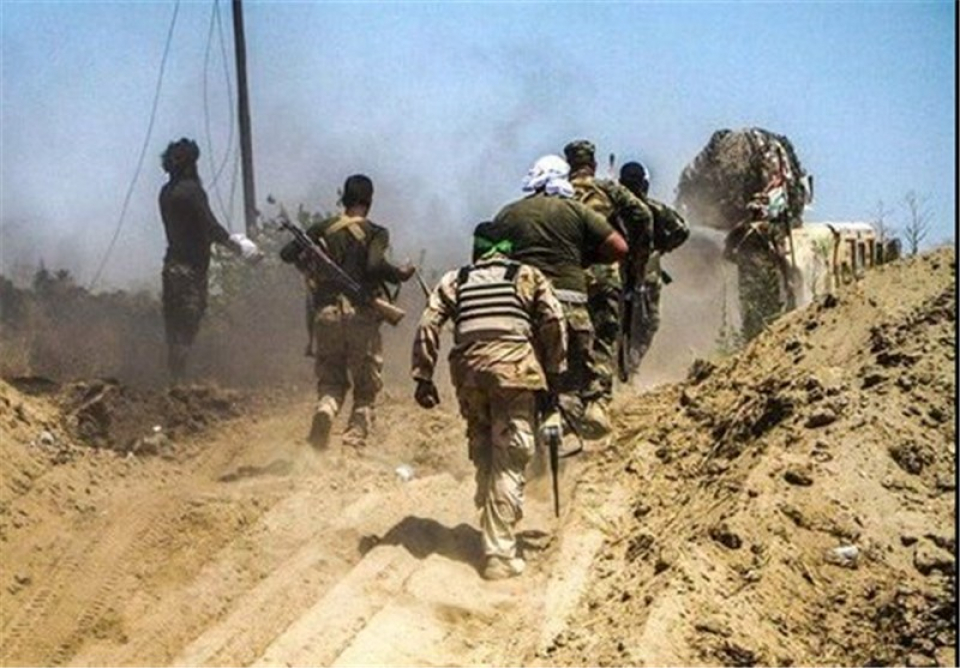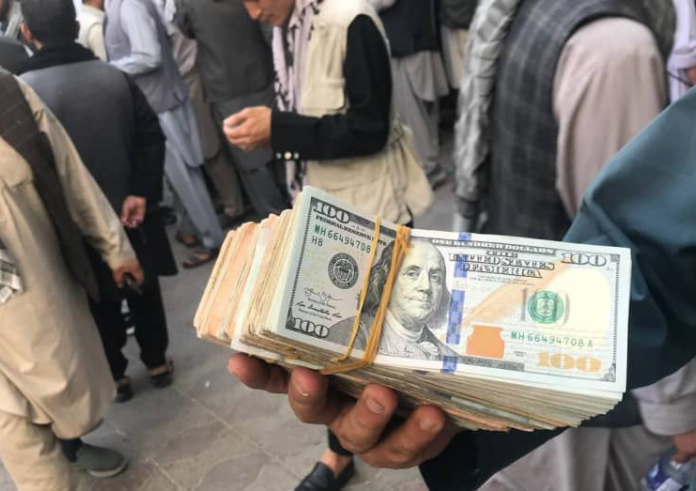The Secretary General of Iraqi resistance group Harakat Hezbollah al-Nujaba, Akram al-Kaabi, strongly condemned the United States for its recent airstrikes targeting anti-terror groups in Iraq. Al-Kaabi emphasized that while the Islamic Resistance in Iraq (IRI) had temporarily halted attacks on US positions, they were preparing for a powerful retaliation against recent US aggression.
Al-Kaabi stated that the current period of calm was merely a strategic pause for repositioning and redeployment, signaling an upcoming escalation in operations against US-led foreign forces in Iraq. He made it clear that the Iraqi resistance would not settle for minor revenge but aimed to make the occupiers regret their actions.
Furthermore, Al-Kaabi reiterated the commitment of Iraqi resistance groups to support the Palestinian cause and target Israeli interests in the region. He highlighted the sacrifices made by the IRI since the beginning of Israel's offensive on Gaza in October the previous year, emphasizing the coordinated strategy among various fronts of the Axis of Resistance.
The remarks followed the assassination of Abu Baqer al-Saadi, a senior commander of Kata’ib Hezbollah, in a US drone strike near Baghdad on February 7. This targeted killing sparked condemnation from the Iraqi government, which blamed US actions for destabilizing the country and called for an end to the presence of US troops.
As tensions escalate, Iraq has resumed talks with the United States to discuss a timeline for the withdrawal of US-led coalition forces. The Iraqi government has criticized the US coalition's role, emphasizing that its actions have contributed to instability in the region. Amid growing anti-US sentiments and ongoing Israeli aggression against Palestinians, Iraq finds itself at the center of a complex geopolitical landscape.

















